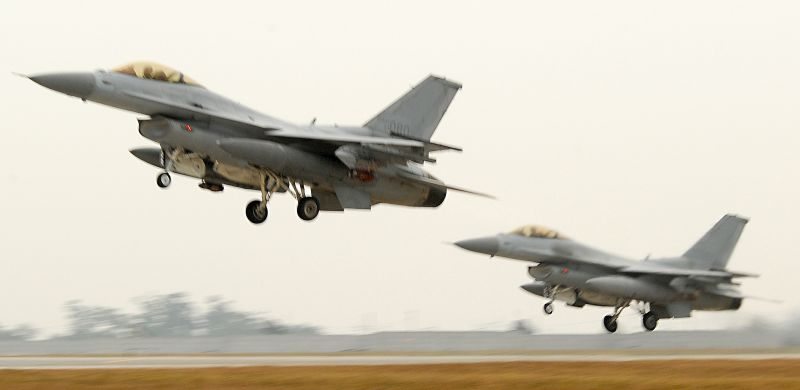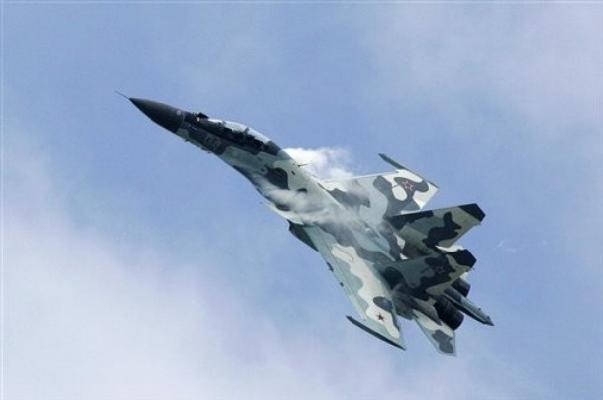The government may take legal action against BAE Systems for its failure to implement a KF-16 upgrade at an already agreed upon price. It will seek to force the company to pay any extra costs the upgrade will entail, a military procurement official said Tuesday.
“We are reviewing the legal details,” the Defense Acquisition Program Administration (DAPA) told The Korea Times, not ruling out a lawsuit. The damages could reach tens of millions of dollars.
“If we conclude its demand for additional funds for the contract is a breach of that contract, we could confiscate its bid bond,” a DAPA official said.
Plus, he said that BAE could be designated an undesired firm, a status that would prevent it from bidding for significant military acquisition deals.
At the center of contention is a 1.75 trillion won deal BAE signed to upgrade the Air Force’s 130 KF-16s. BAE has demanded an additional 203.1 billion won ($193 million), but DAPA refused to pay this. “It is a signed deal, so BAE is obligated to deliver as promised or will risk a damages suit,” the official said.
The company was chosen over Lockheed Martin, the manufacturer of the F-16 jets, in August 2012 as the primary contractor for the upgrade of 130 KF-16C and D Block aircraft. This was because it offered a lower price.
If BAE fails to deliver on this, it would force DAPA to turn to Lockheed Martin at an additional cost.
The delay in the program and extra costs should be shouldered by the party that reneges on the deal, according to DAPA.
At a National Assembly audit Monday, DAPA chief Lee Yong-geol said, “A legal review is currently being conducted regarding the possible cancelation of the deal.”
Lee said the best deal is the current one, but officials are reviewing various options, including the worst-case scenario.
He added that the acquisition agency has yet to contact Lockheed Martin, as it still hopes to work things out with BAE.
“The final decision will be made next month,” he said.
For its part, BAE Systems clarified that it remains committed to its firm-fixed price for the scope of work defined last year by the U.S. government and the Republic of Korea.
“We are very concerned to learn of an apparent breakdown in the discussions between the Republic of Korea and the U.S. Air Force on the KF-16 Upgrade Program,” the company said. “We strongly encourage the two governments to return to the negotiating table.”
The upgrade work was set to be carried out through a foreign military sales (FMS) format covered by guarantees from the U.S. government, but uncertainty has been growing over the deal after it was learned that the U.S. government and the company asked for 800 billion won in additional costs.
KF-16s are the mainstay of Air Force, and were purchased assembled and also license-produced.











